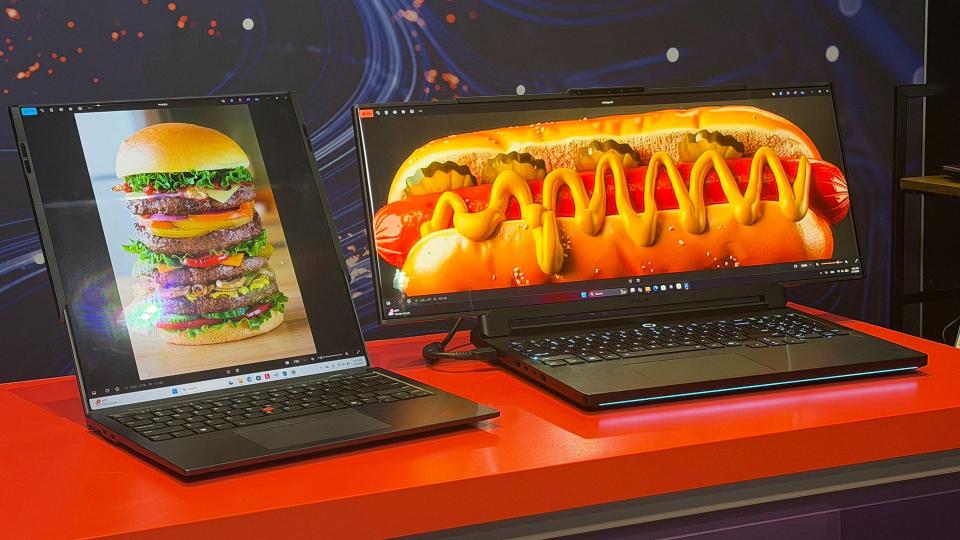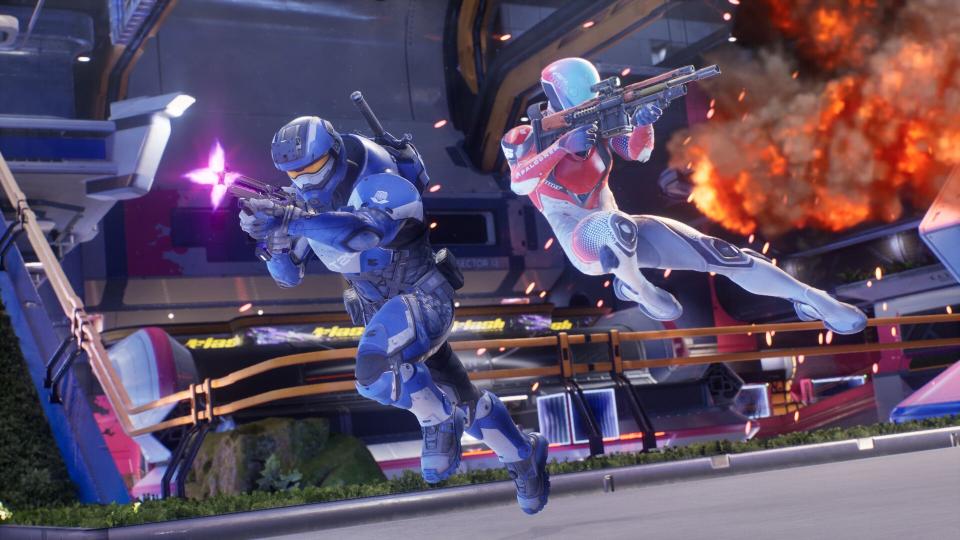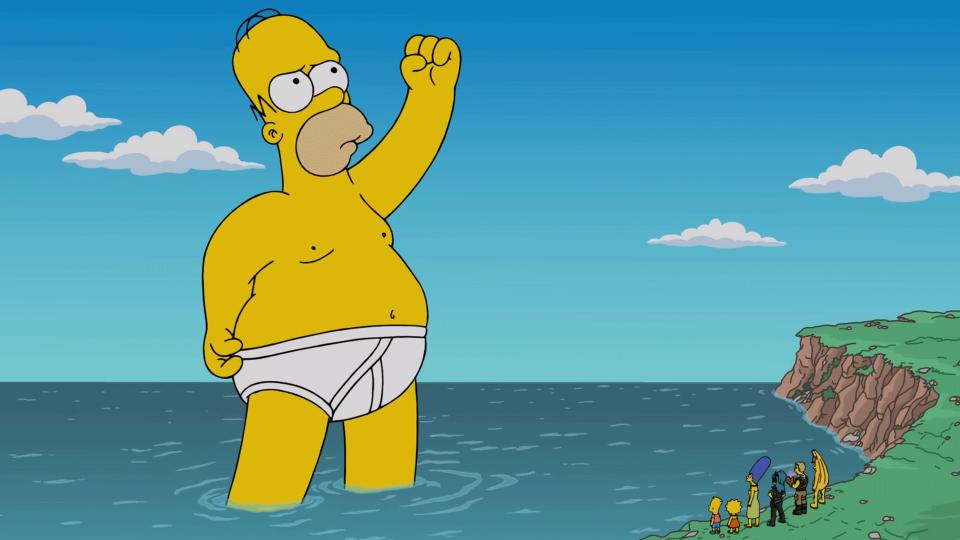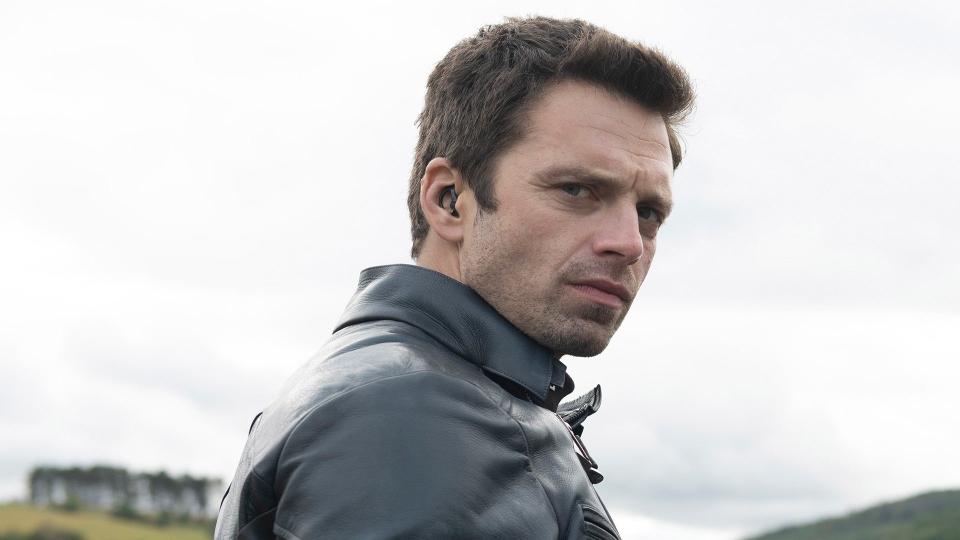The ongoing legal battle between Krafton and the developers of Subnautica 2, Unknown Worlds, has taken a dramatic turn. Allegations have surfaced claiming that Krafton's CEO, Changham Kim, attempted to use AI to find ways to avoid paying a significant earnout bonus to the game's developers. The situation escalated after Krafton delayed Subnautica 2's early access release to 2026, coinciding with significant leadership changes at Unknown Worlds. Former studio head Charlie Cleveland asserts that the game was ready for release, contending that the delay was related to potential financial obligations rather than development issues. Legal proceedings have begun as the ousted leaders accuse Krafton of usurping control in an effort to evade financial commitments, fueling ongoing tensions within the gaming community regarding publisher practices.
What are the implications of the Krafton and Unknown Worlds legal case for game developers?The Krafton and Unknown Worlds legal case highlights the challenging environment for game developers, particularly regarding financial agreements and studio management. It raises questions about the autonomy of creative teams once merged with larger corporations, and the practices of using AI in business decisions could set concerning precedents in the industry.
Subnautica 2 is a highly anticipated sequel in the critically acclaimed underwater survival series known for its immersive exploration and engaging gameplay. The original Subnautica has garnered a loyal fanbase, and expectations for the sequel are high. The game aims to expand on its predecessor's beloved mechanics while introducing new elements to enhance the experience further. As the legal dispute unfolds, fans are left wondering how these issues may impact the game's eventual release and quality.








Comments
Yikes, looks like some publishers are treating earnout agreements like optional side quests rather than main story objectives. This whole AI bonus-avoidance strategy feels like discovering pay-to-win mechanics in studio contracts.
Man, this whole situation really makes you question whether corporate interests are starting to overshadow creative vision in gaming. If even successful studios aren't safe from these kinds of disputes, it's a worrying sign for the industry's future.